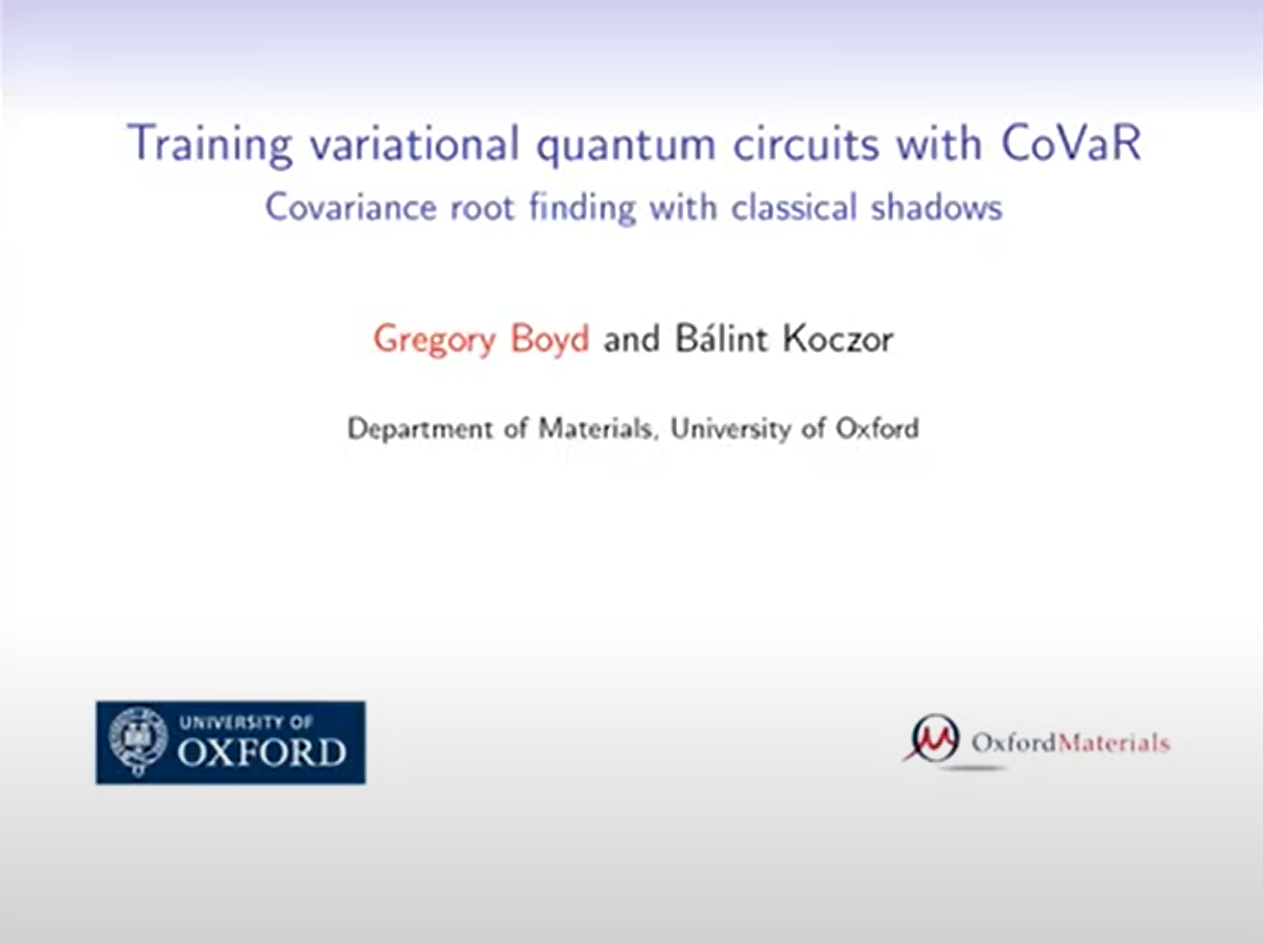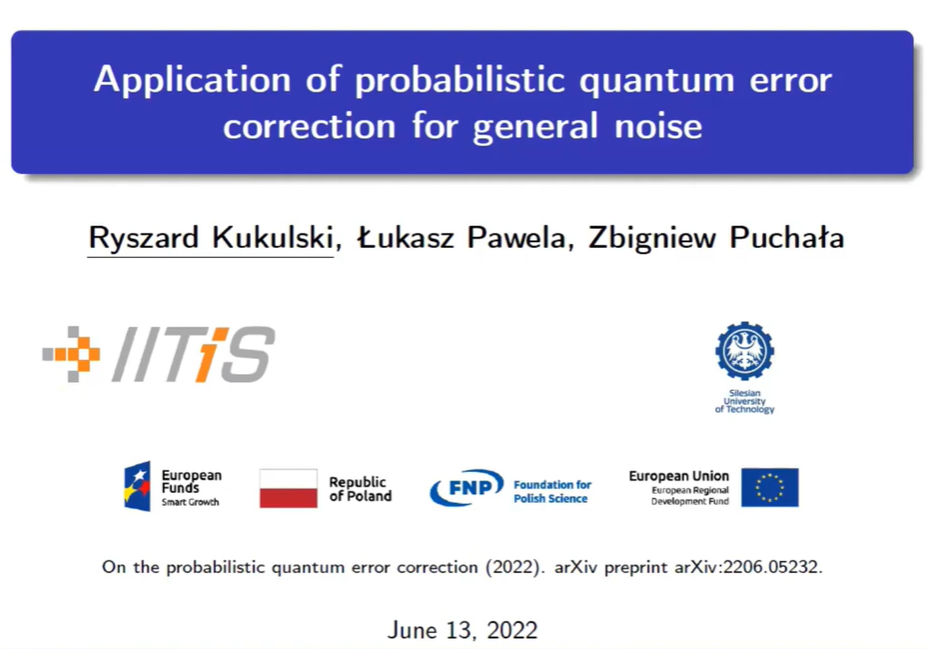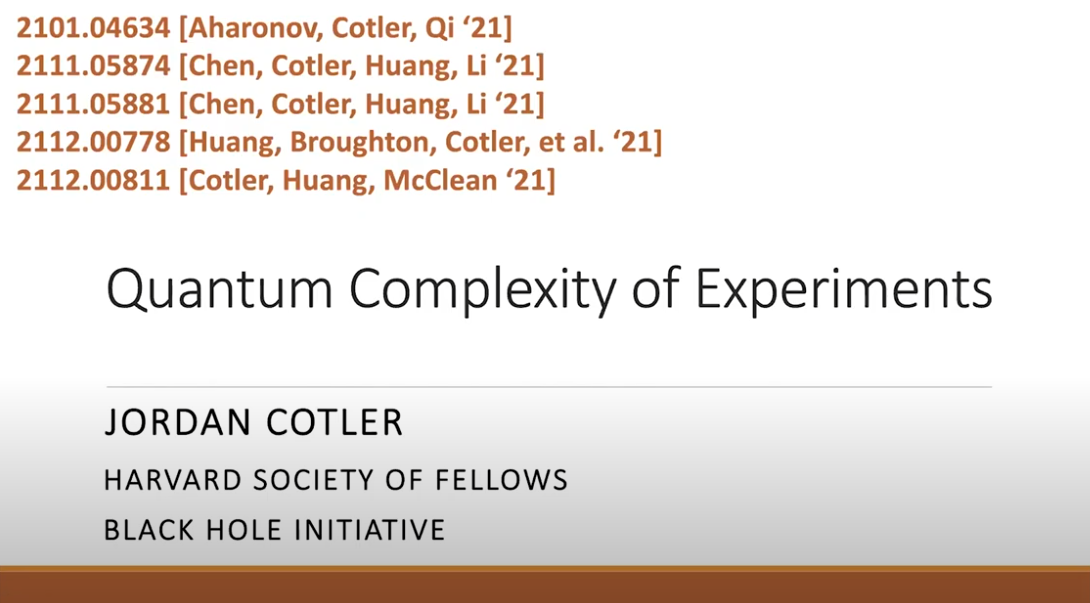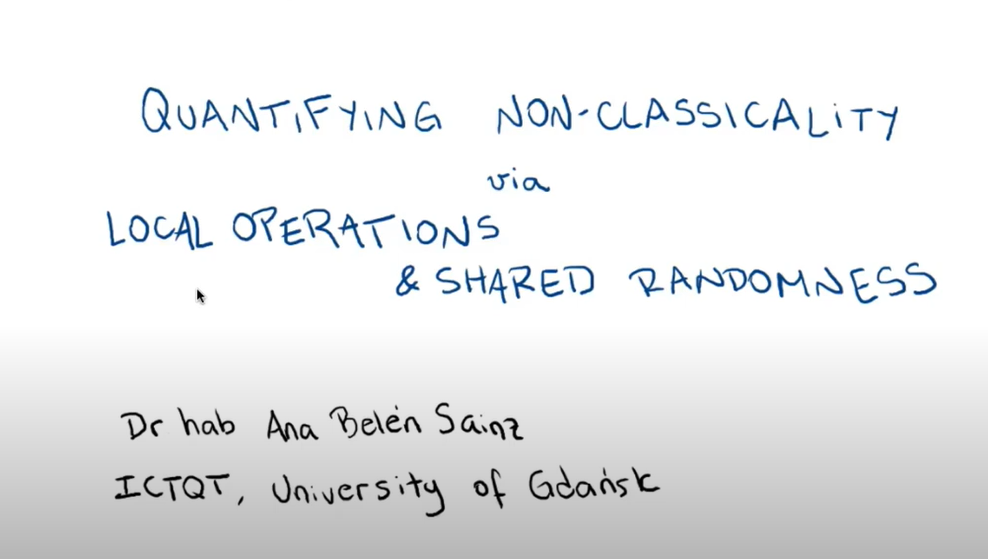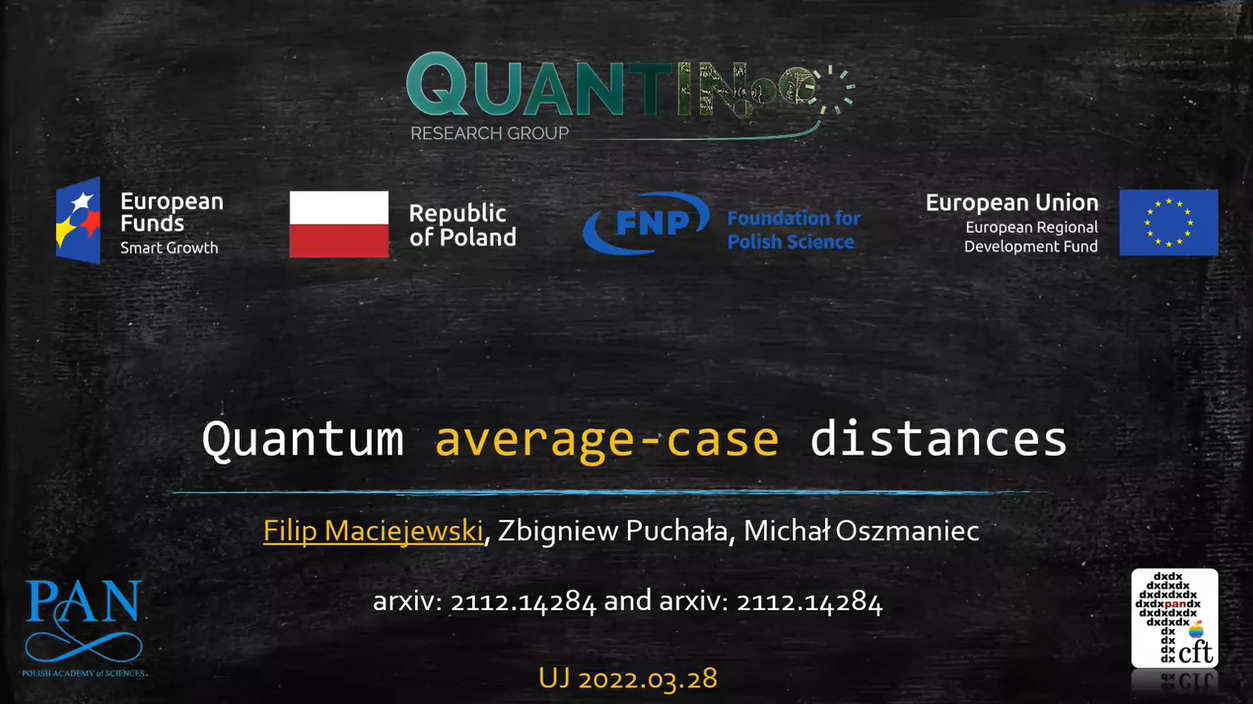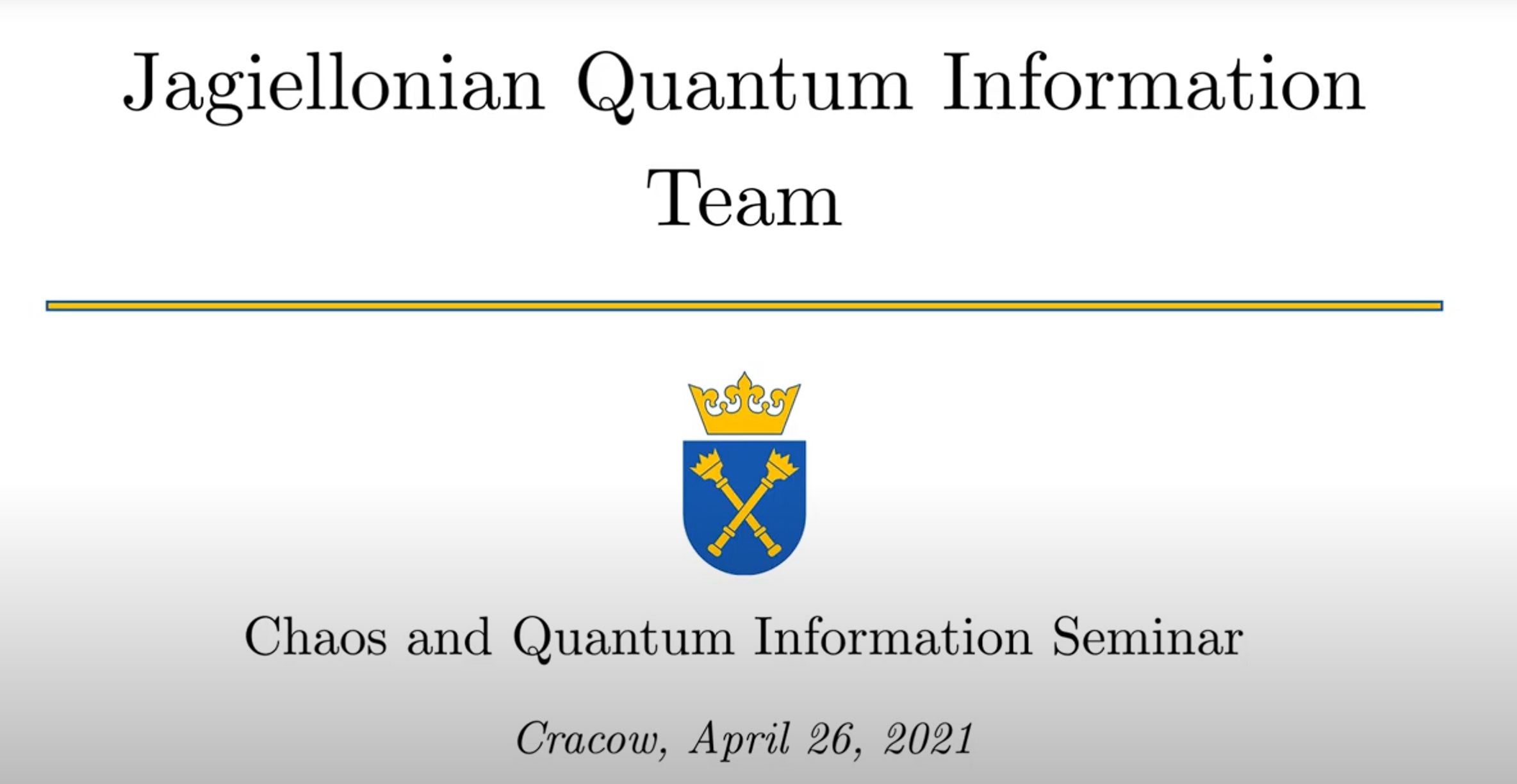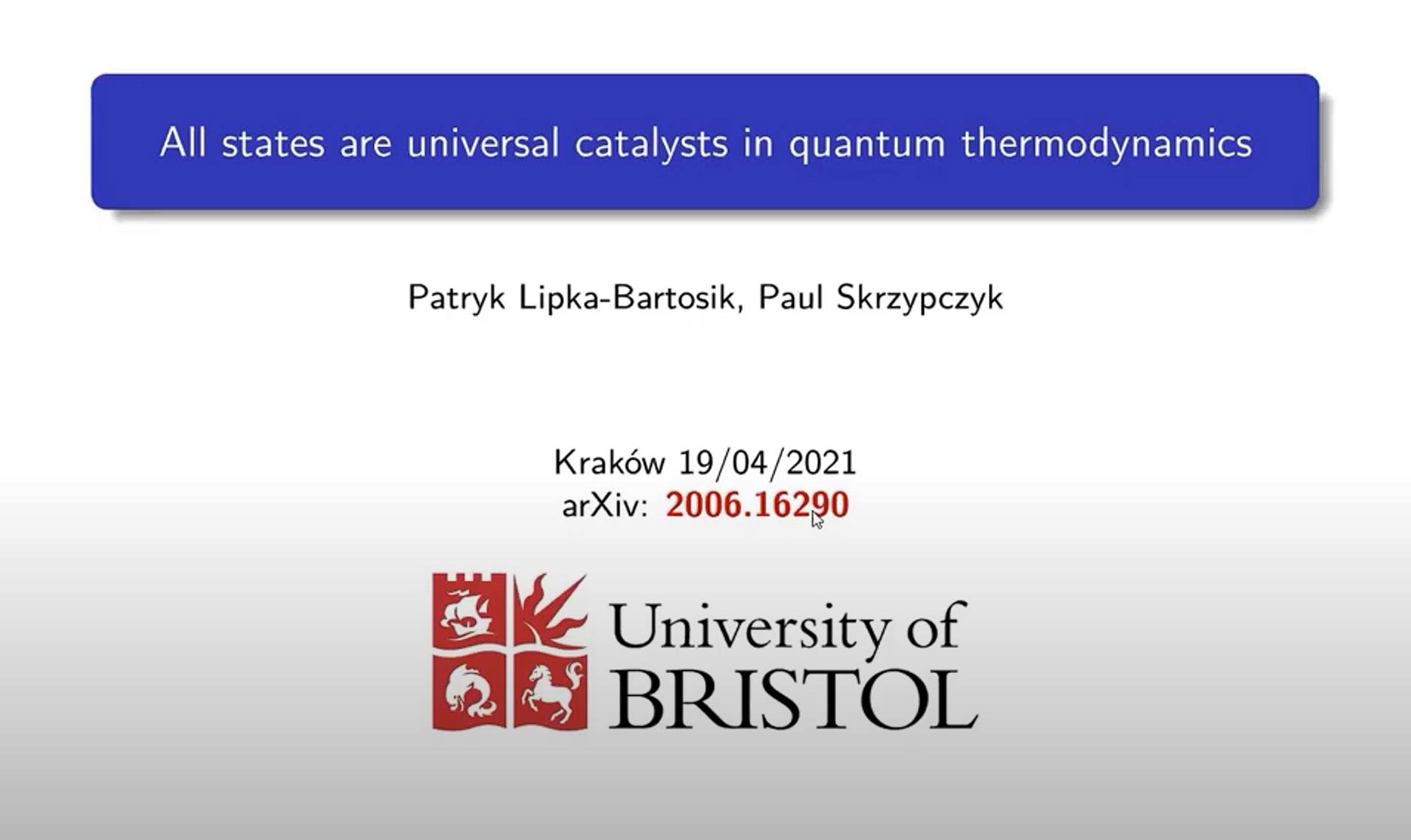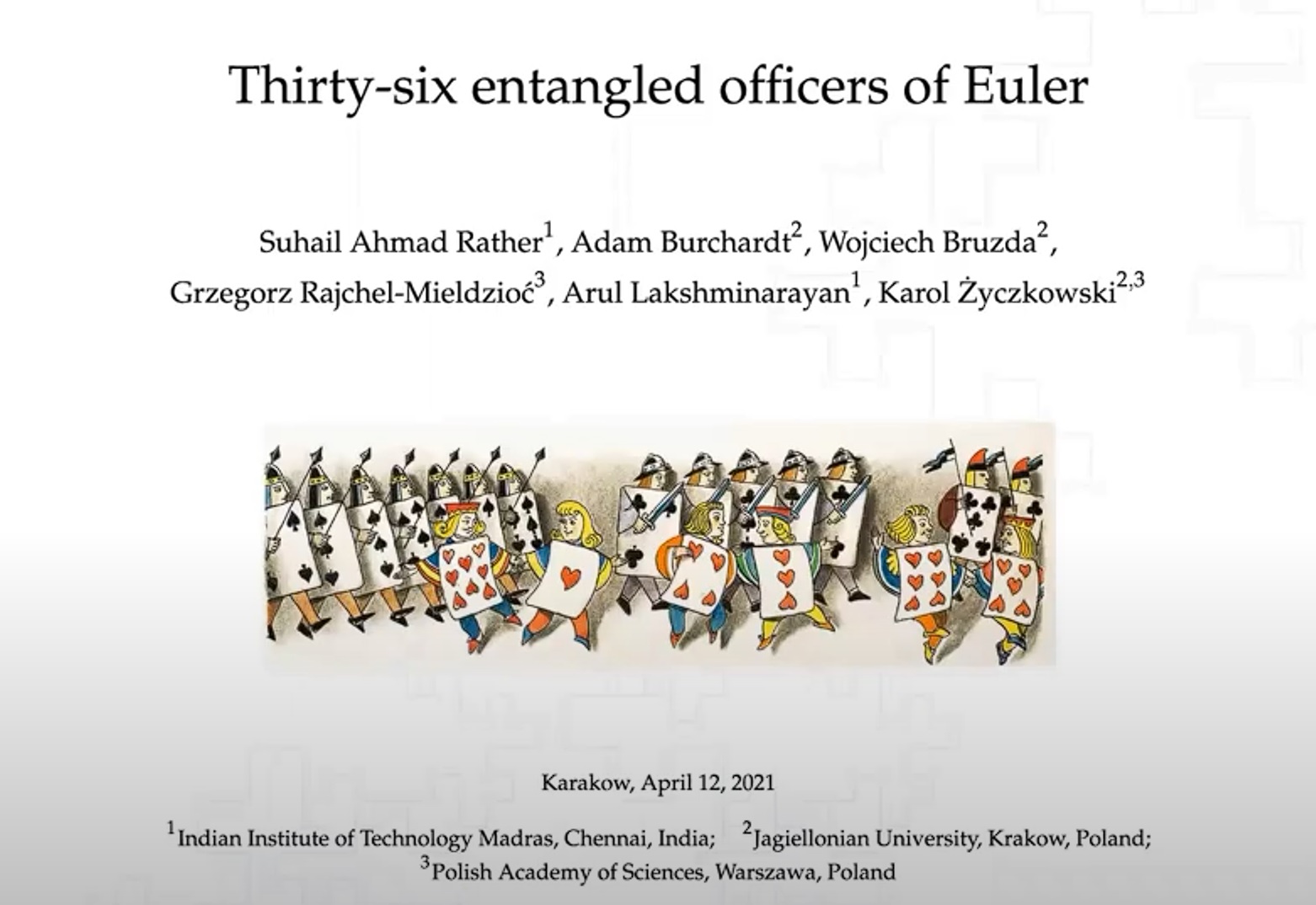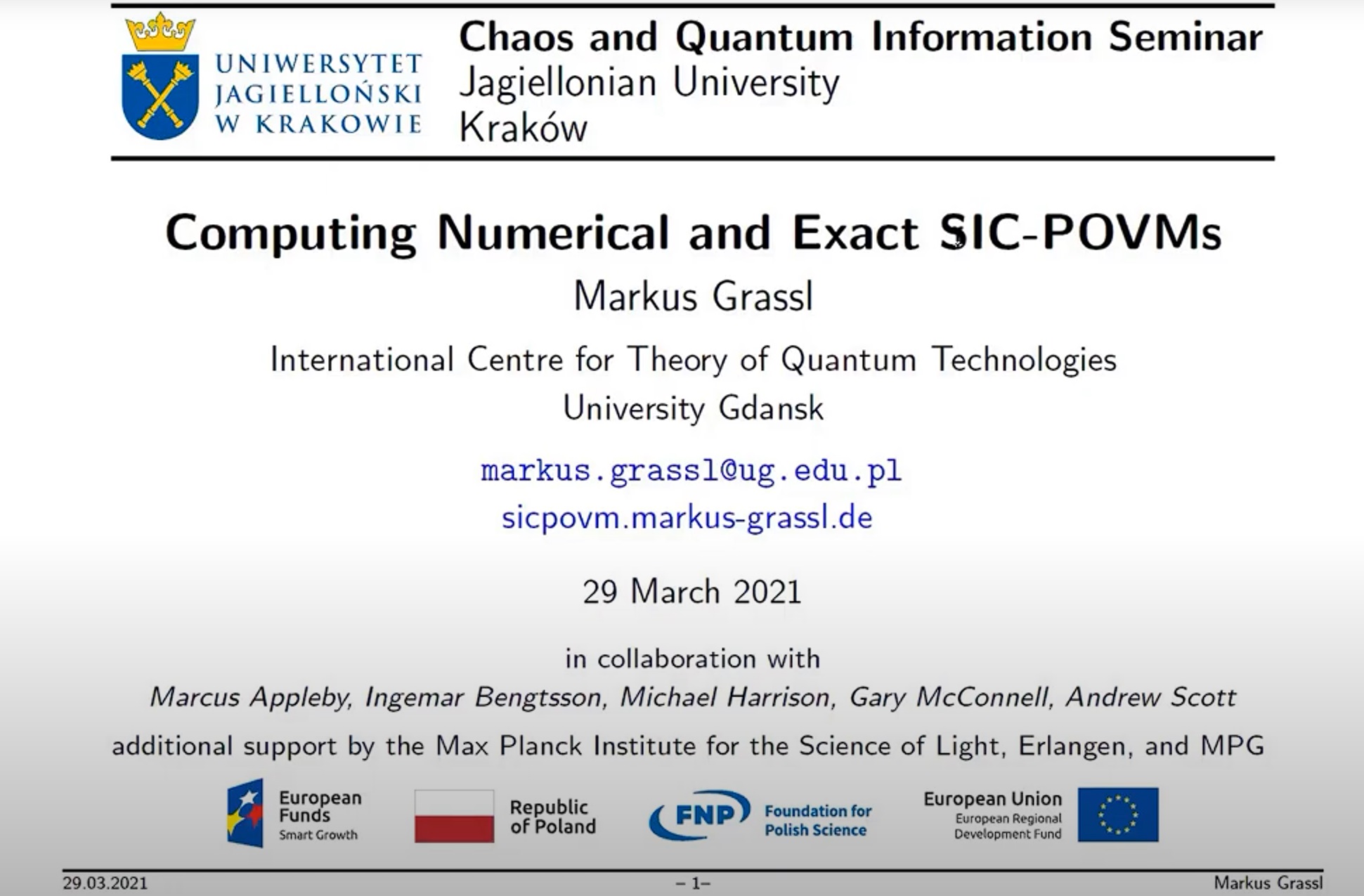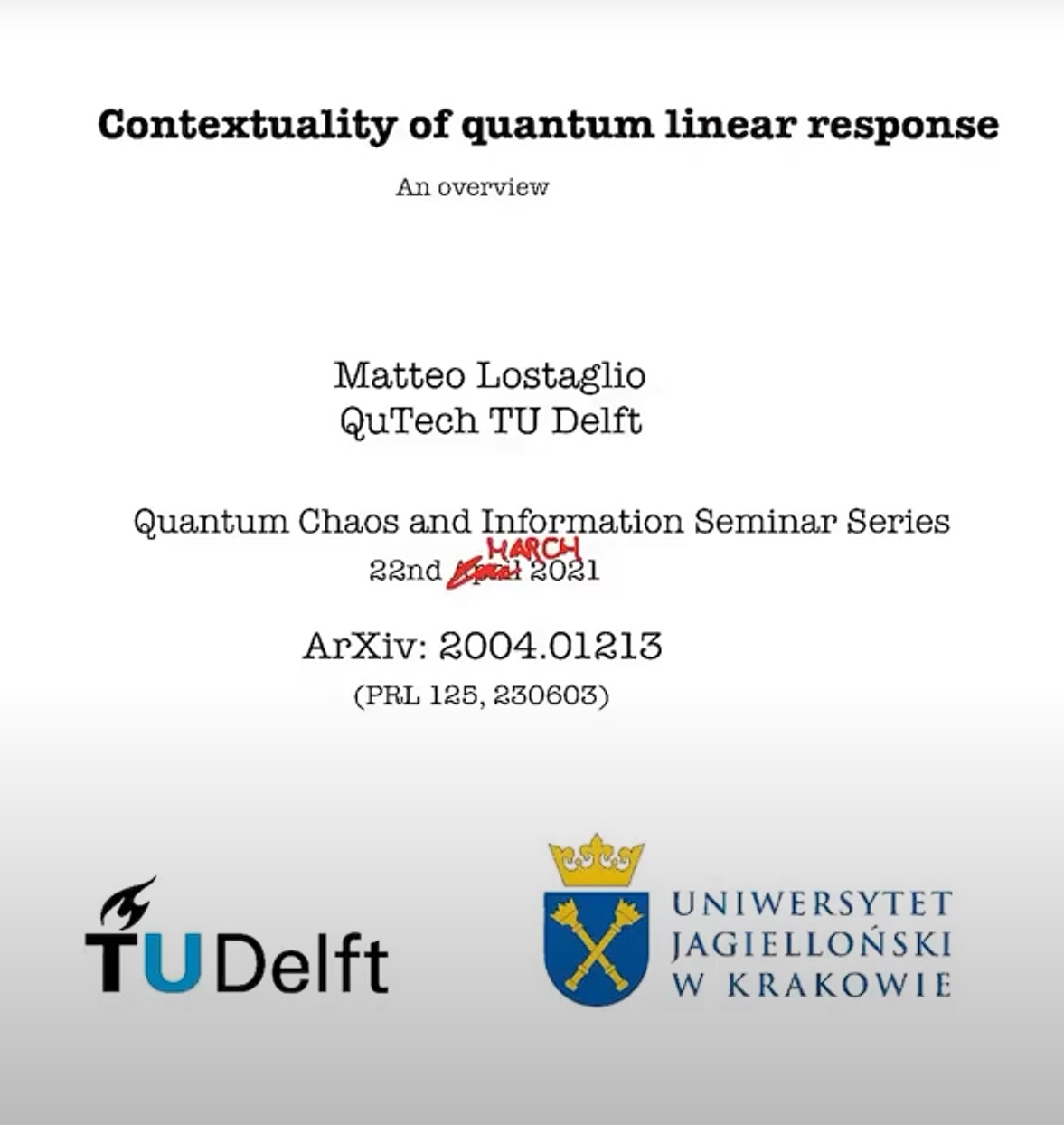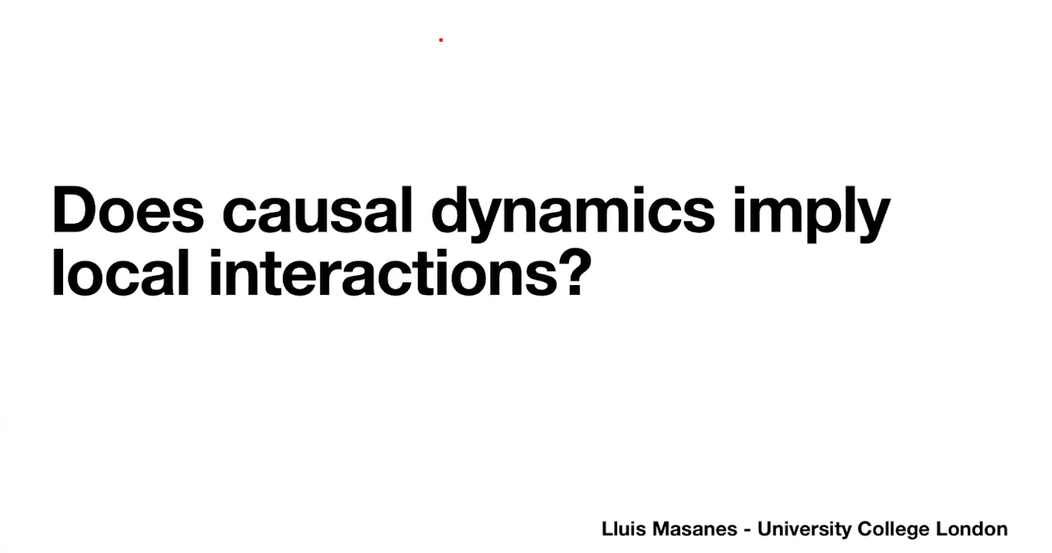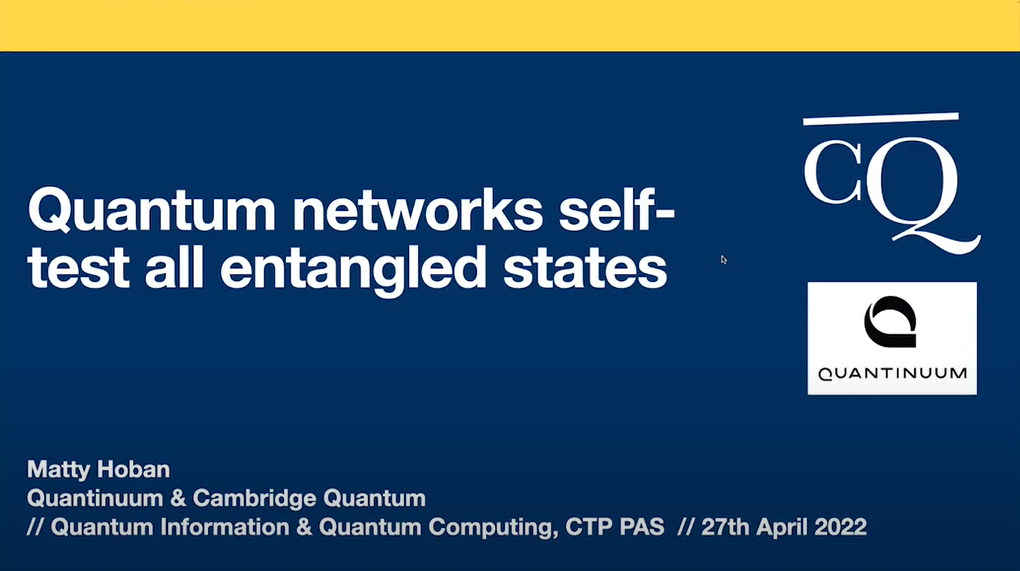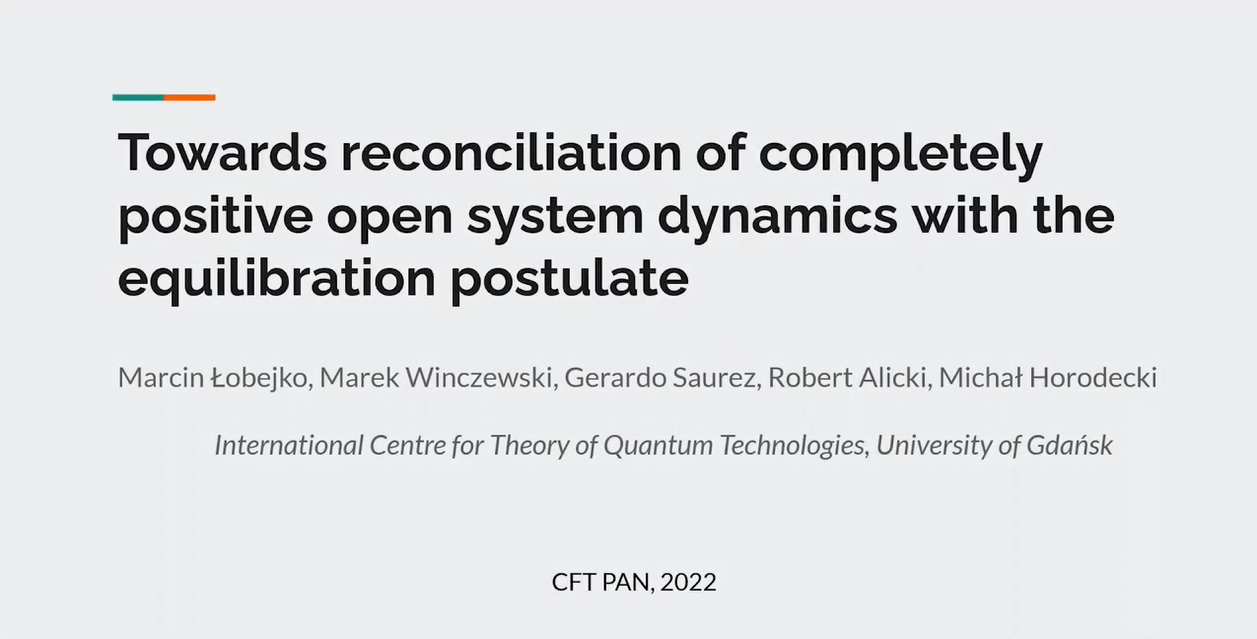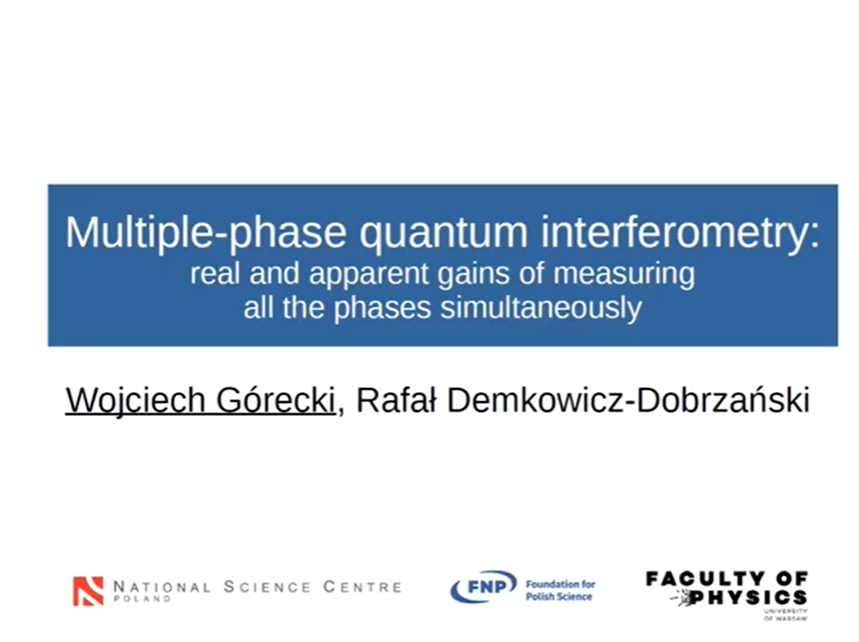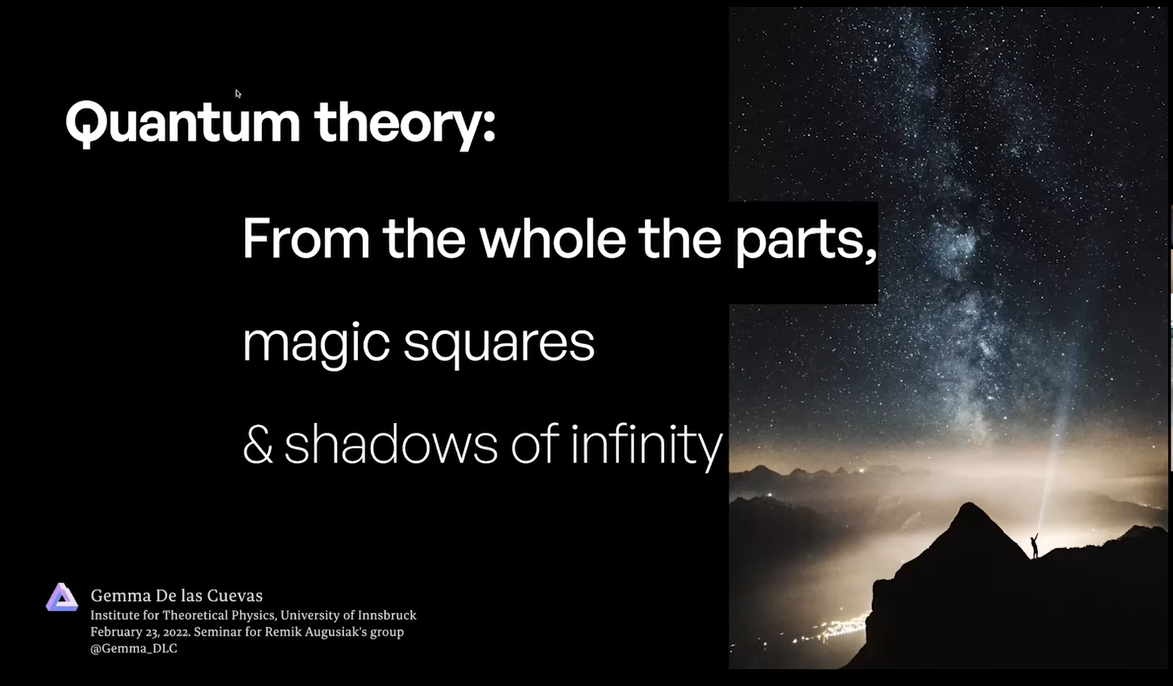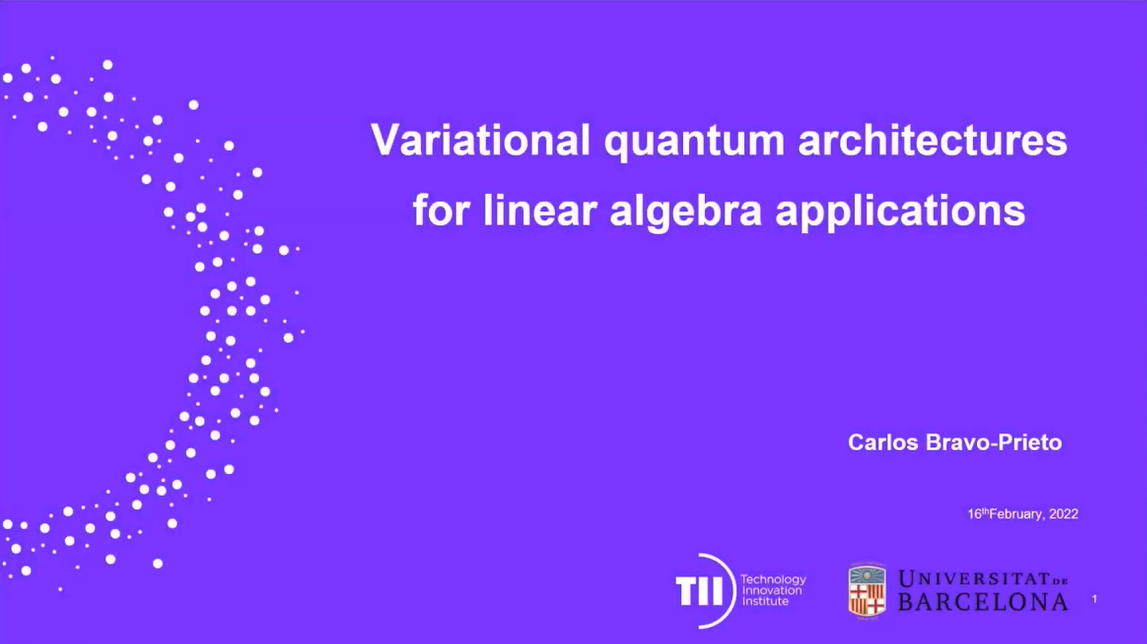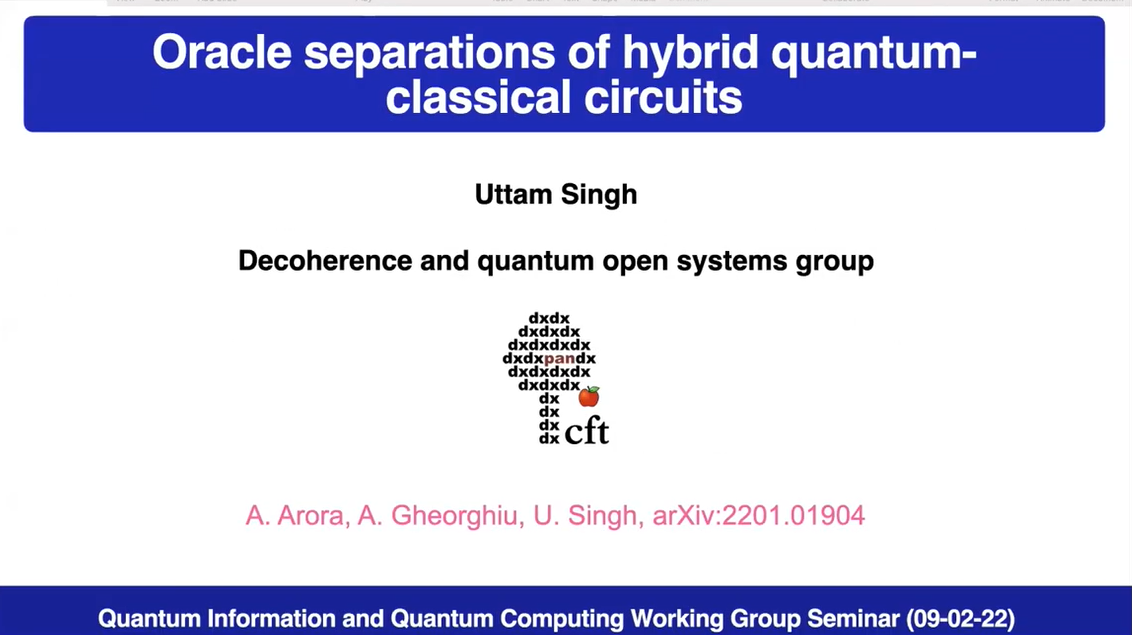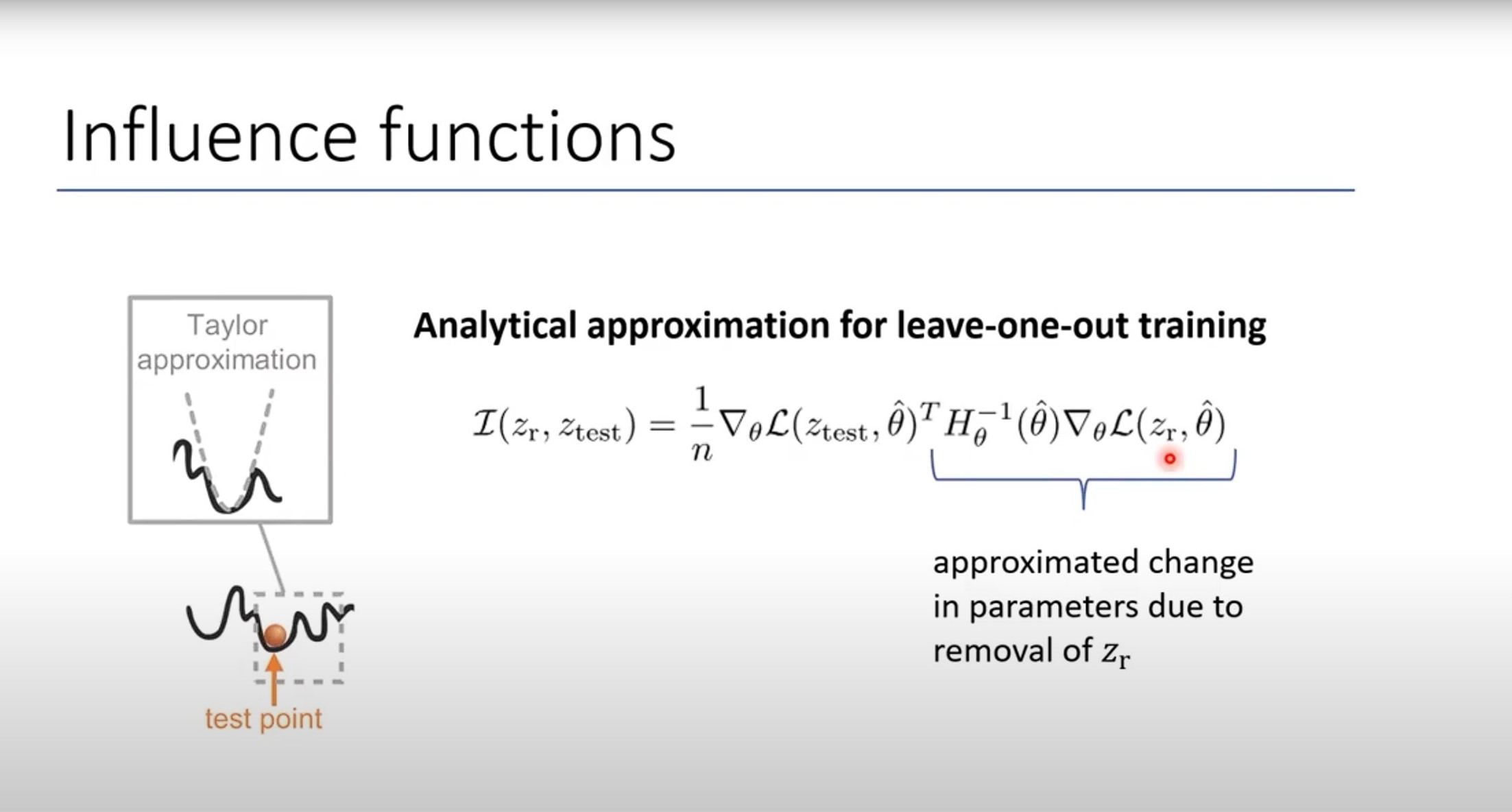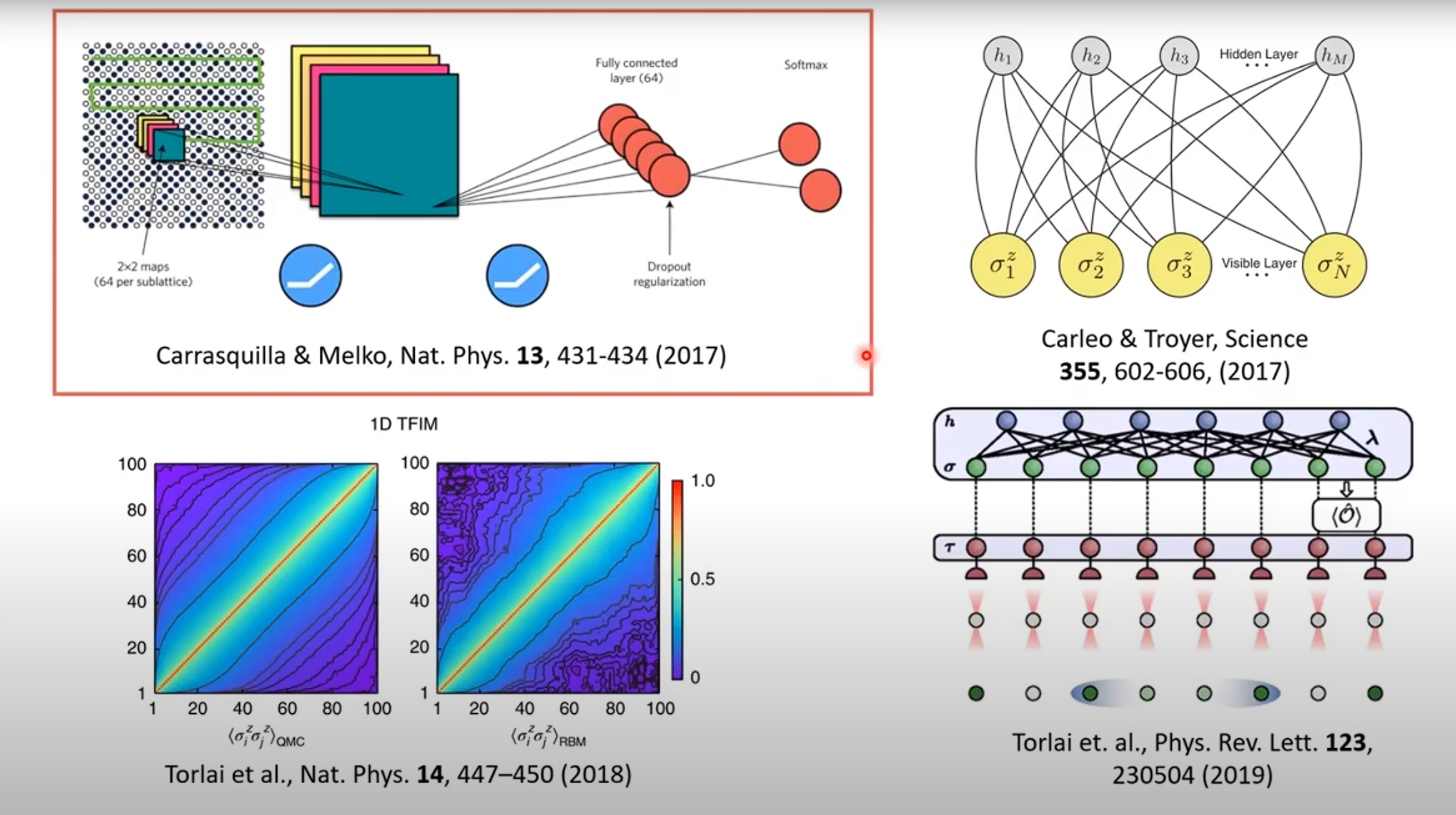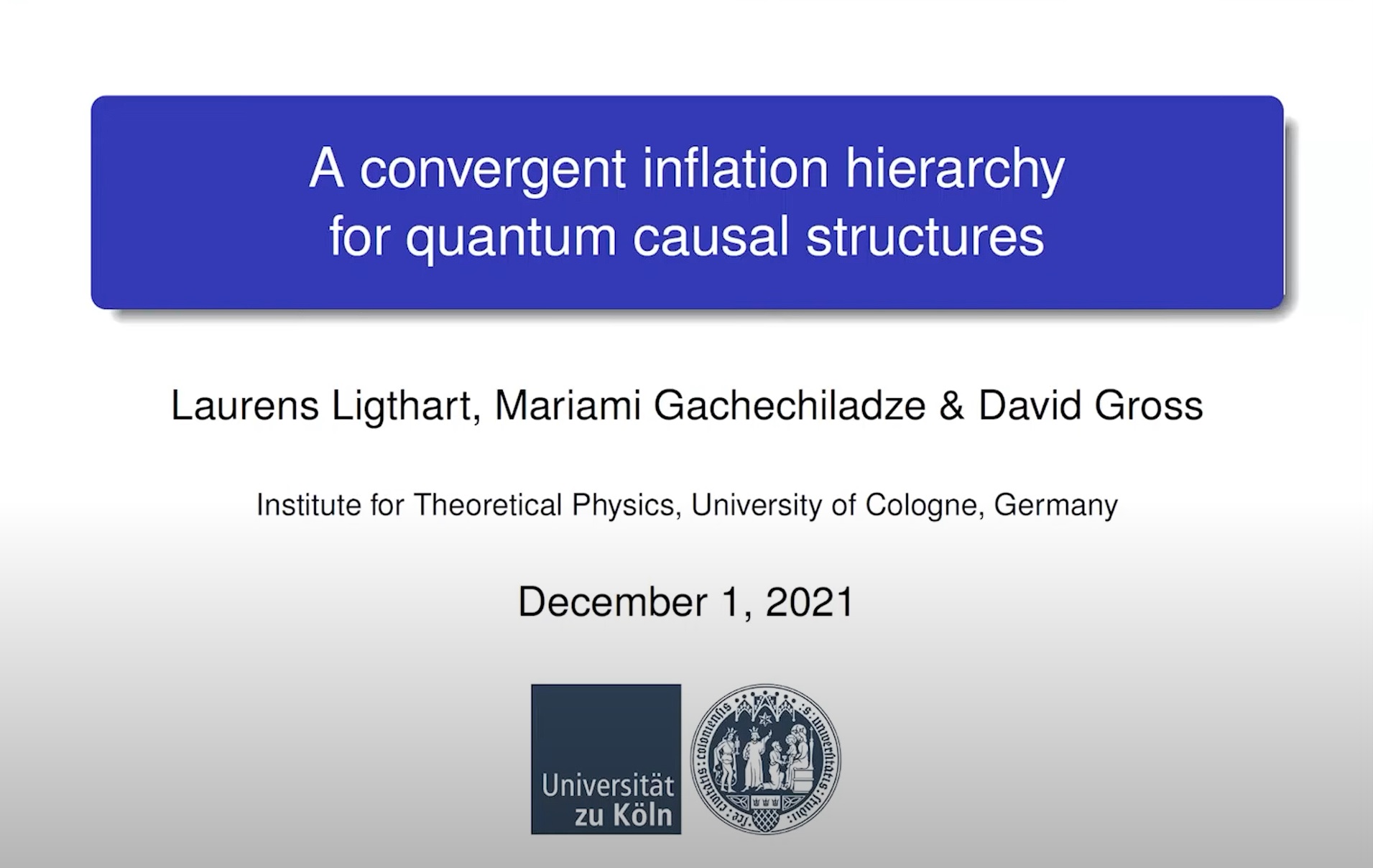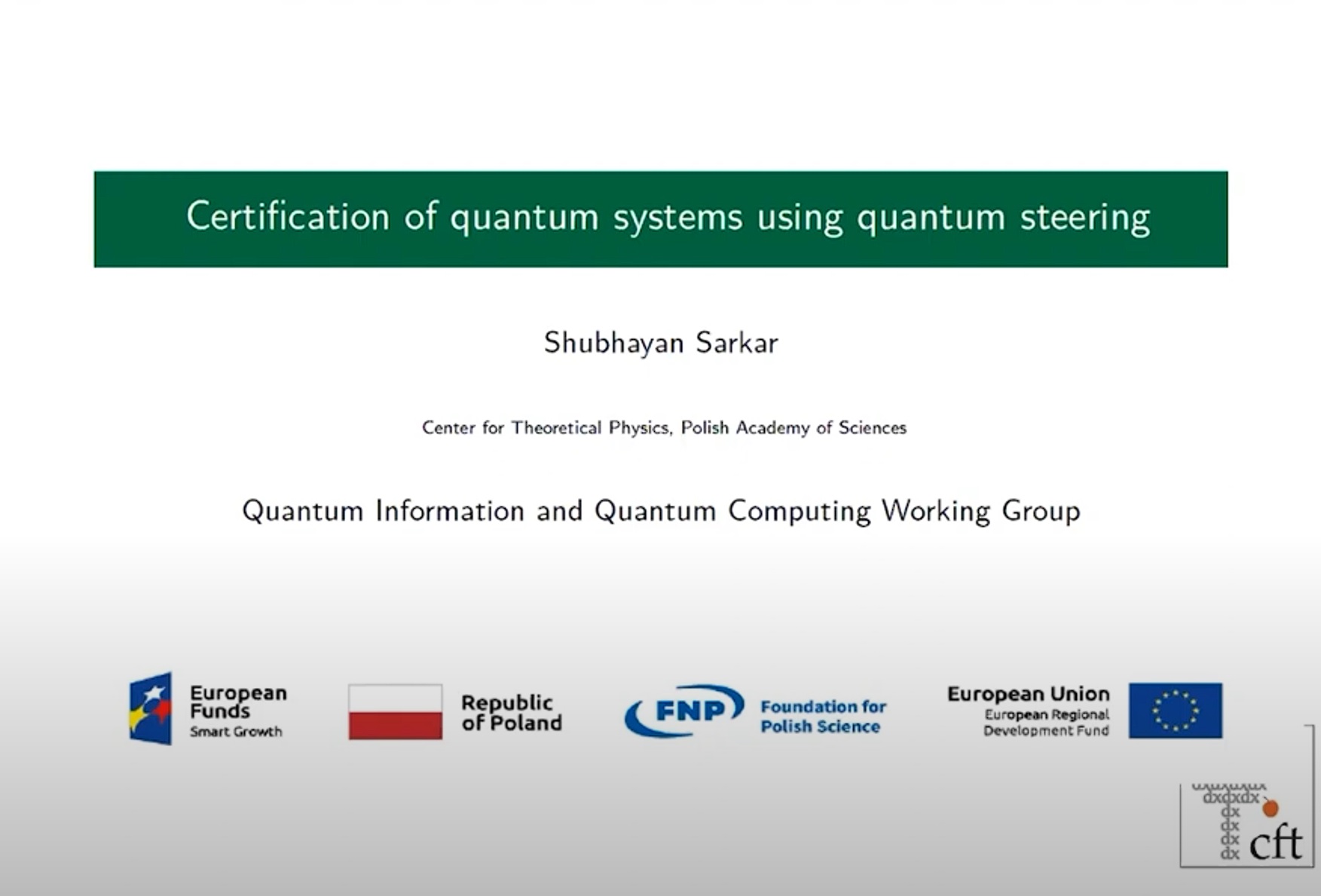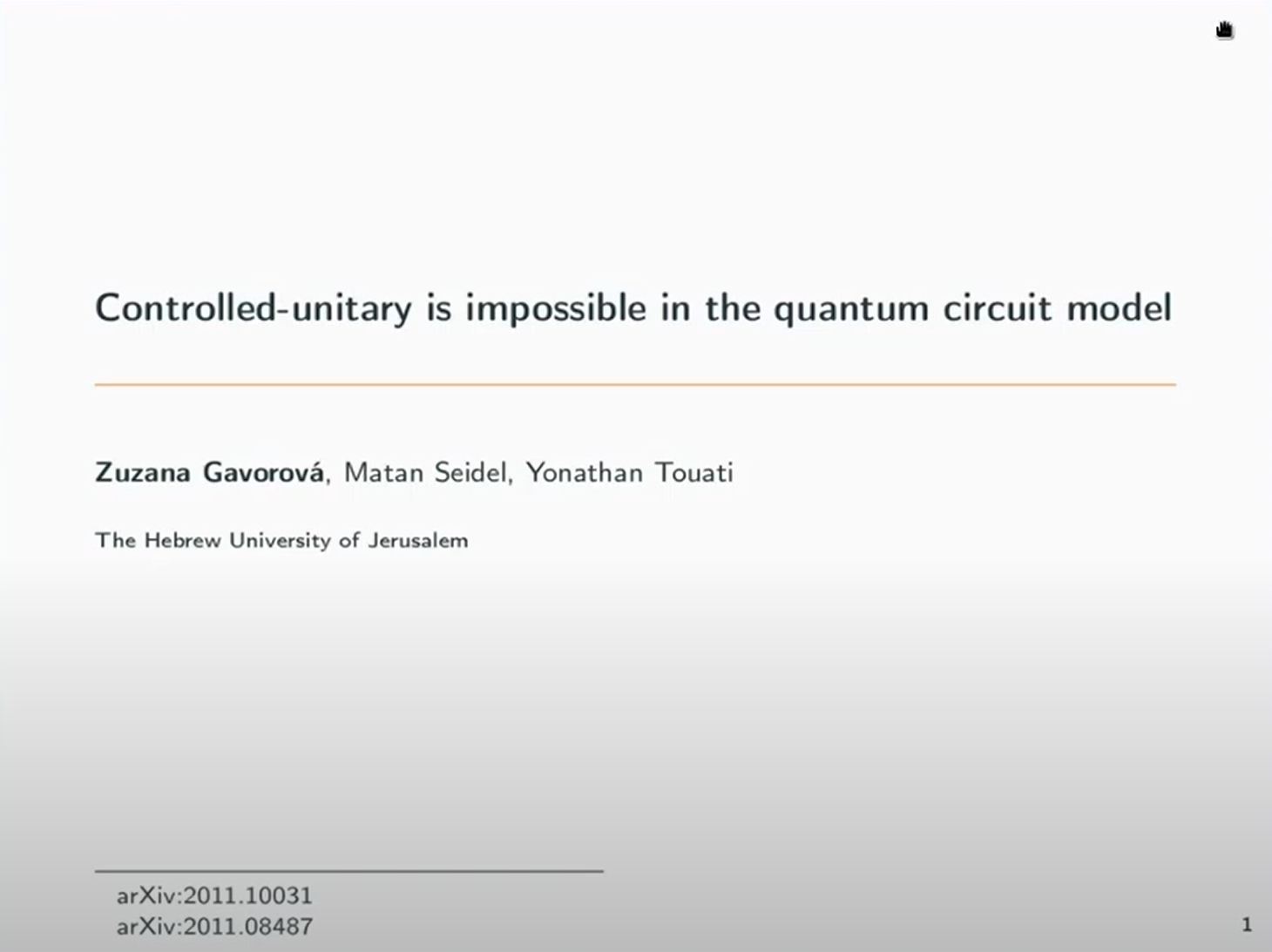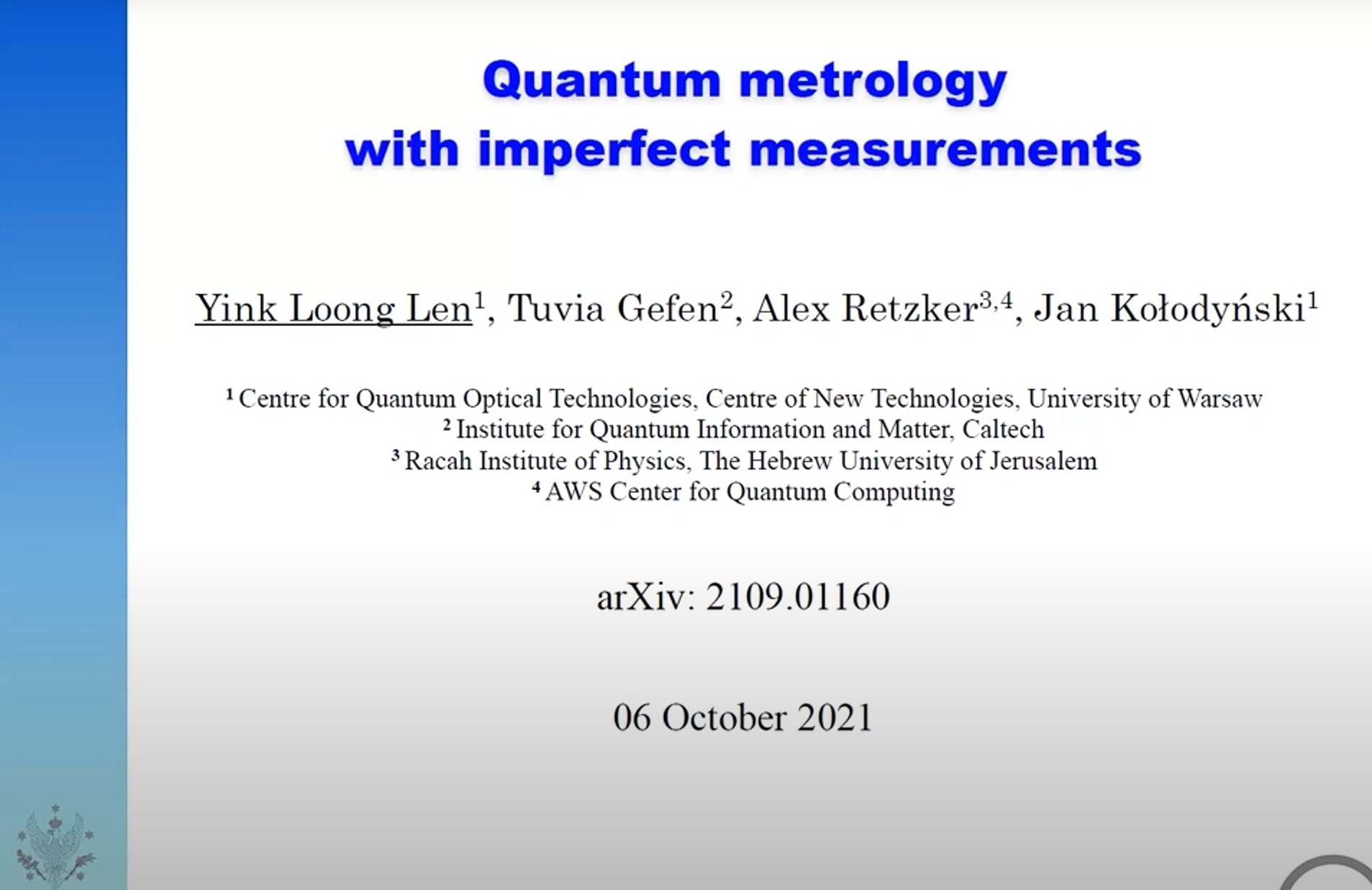Adrián Solymos (Eötvös Loránd University): Extendibility of quantum states
Quantum Information and Quantum Computing Seminars CTP PAS 2021-10-20
Unlike classical states, quantum states cannot necessarily be extended in such a way that the two-particle reduced states are all identical. More precisely, only the separable states are those that can be extended in such a way. The so-called shareability or extendibility number describes how many parties a given state can be extended to. This is a good entanglement measure (i.e., a LOCC-monotone function), however, it has been calculated only for a few types of states. The talk presents the (k,l)-shareable states for a set Werner-like states, and the set of (1,2)-shareable OO-states.
Other seminars

Giulio Chiribella (University of Hong Kong): Optimal programming of quantum gates - Duplicate27-06-2022
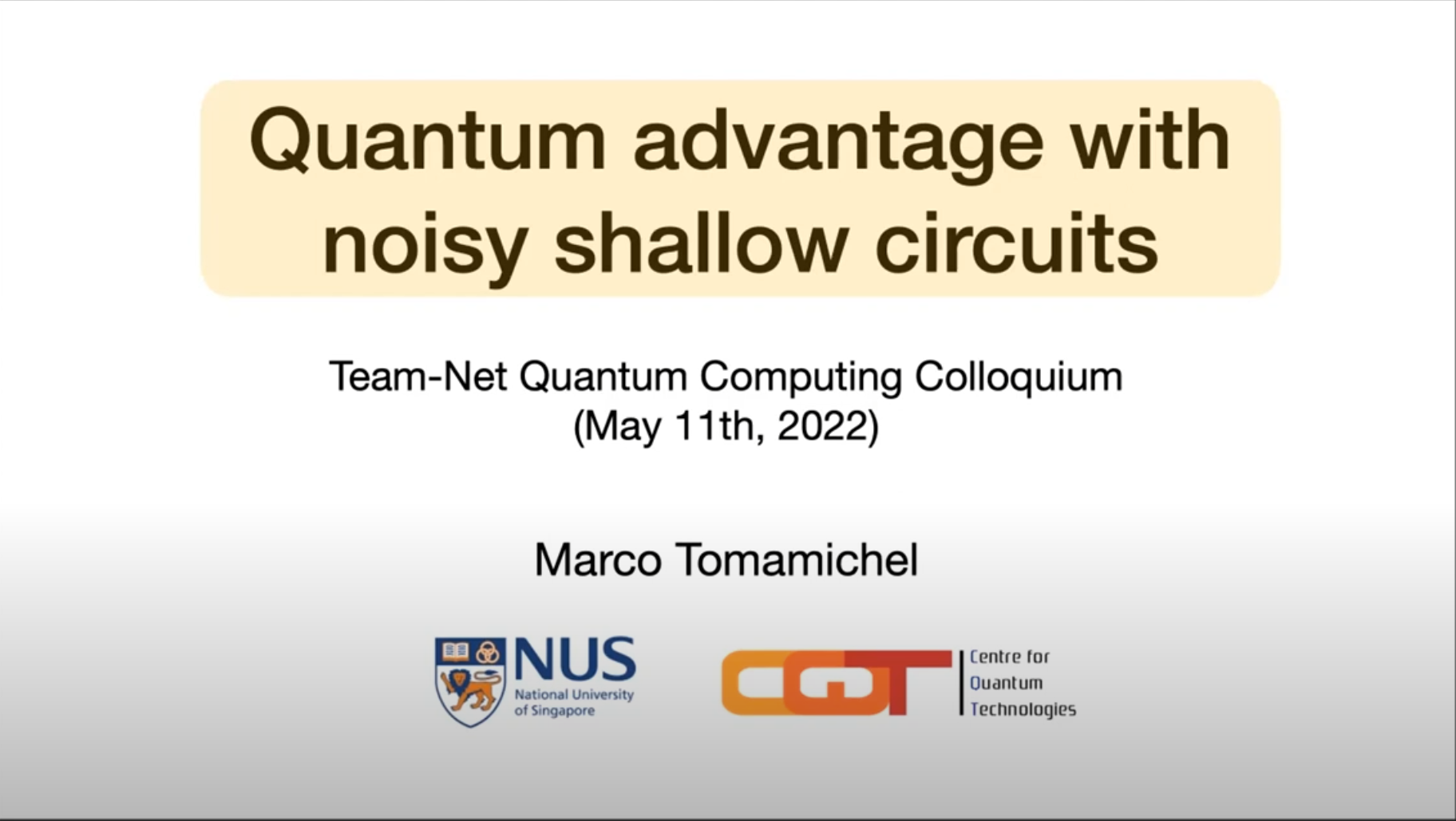
Marco Tomamichel (National University of Singapore): Quantum advantage with noisy shallow circuits17-05-2022
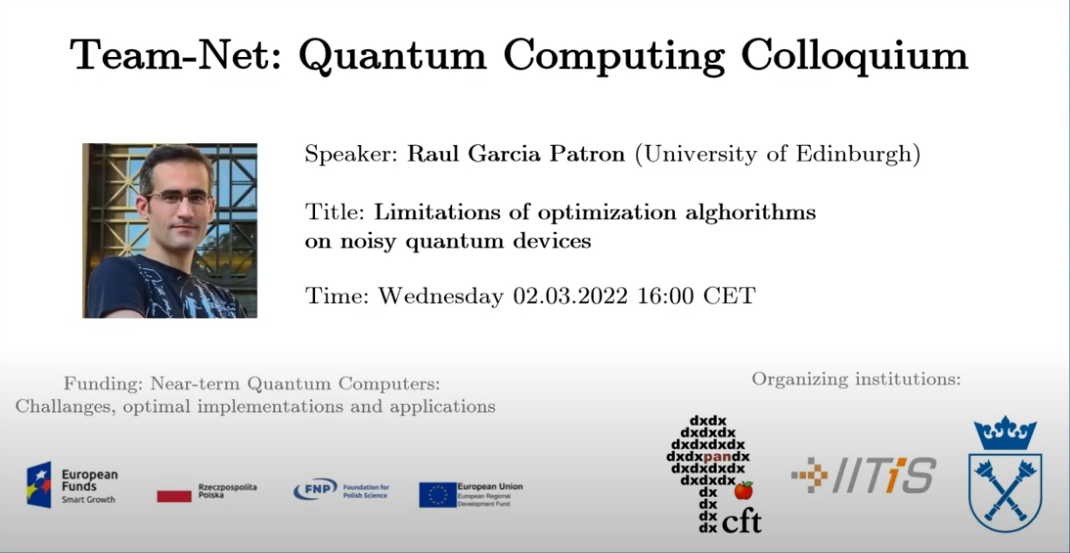
R. Patron (University of Edinburgh): Limitations of optimization algorithms on noisy quantum devices02-03-2022
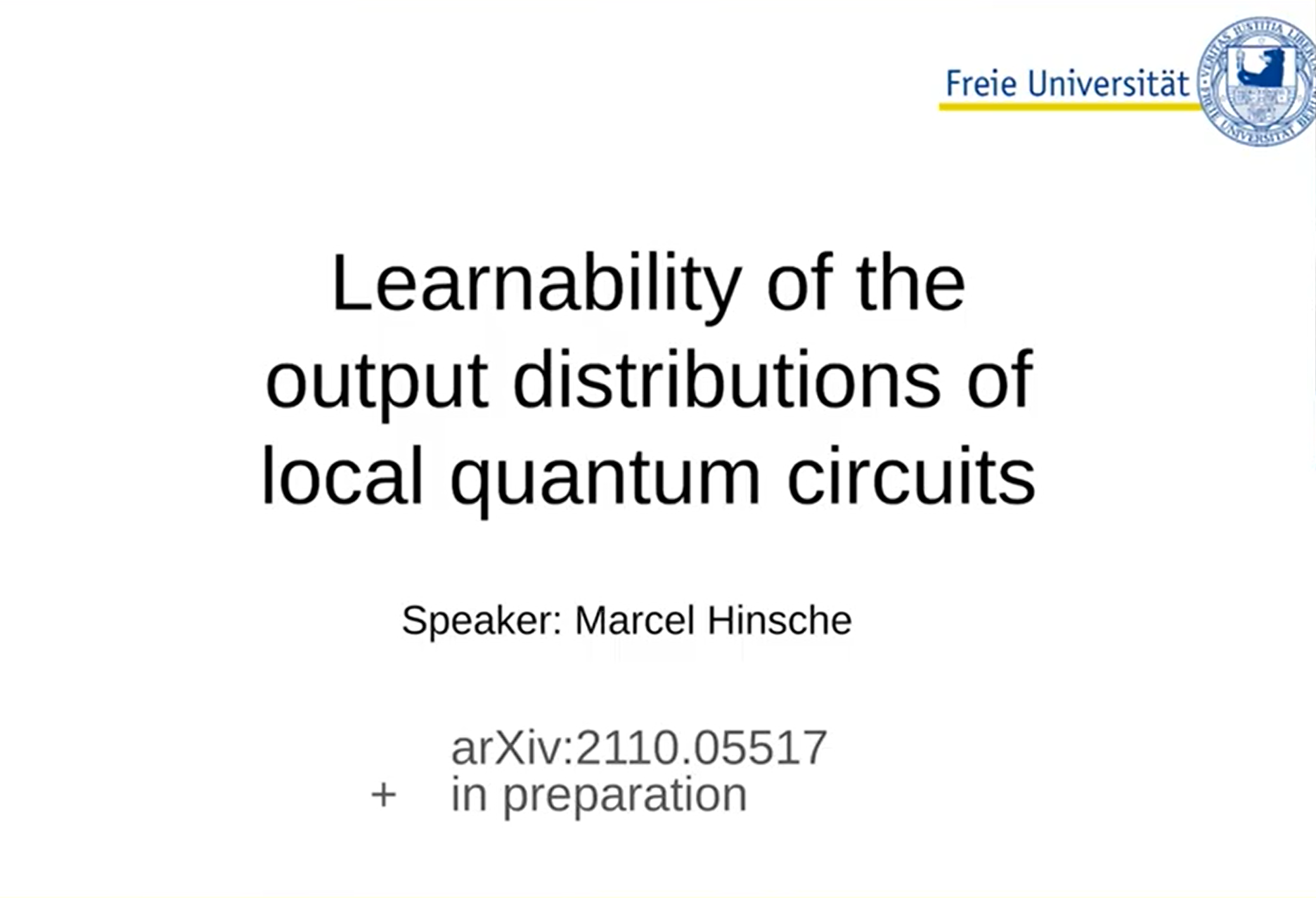
Marcel Hinsche (FU Berlin): Learnability of the output distributions of local quantum circuits25.05.2022
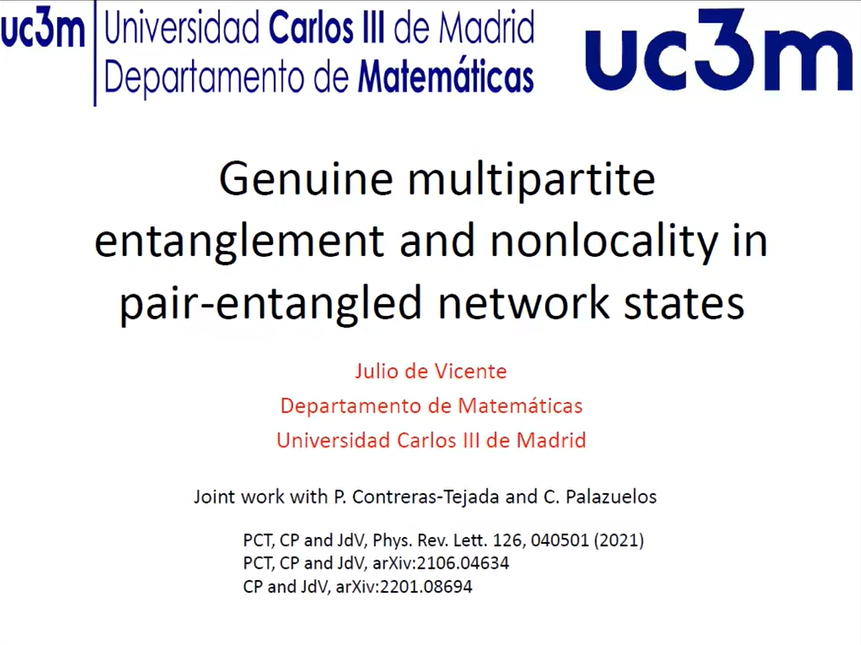
Julio de Vicente: Genuine multipartite entanglement and nonlocality in pair-entangled network states20.04.2022
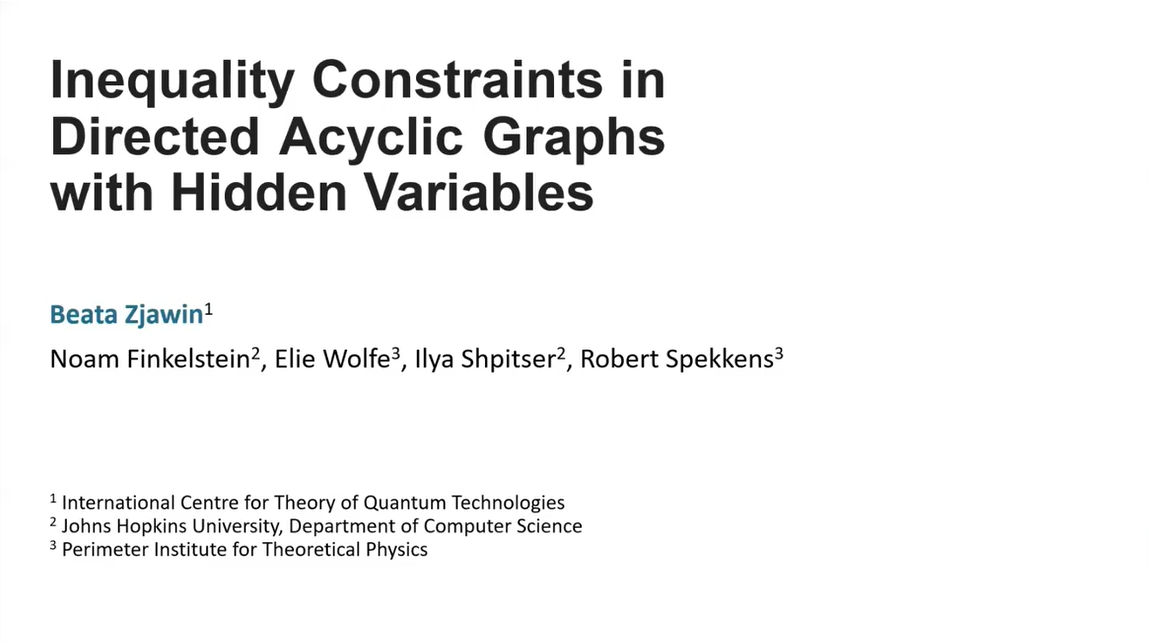
Beata Zjawin (ICTQT): Inequality Constraints in Directed Acyclic Graphs with Hidden Variables02.02.2022
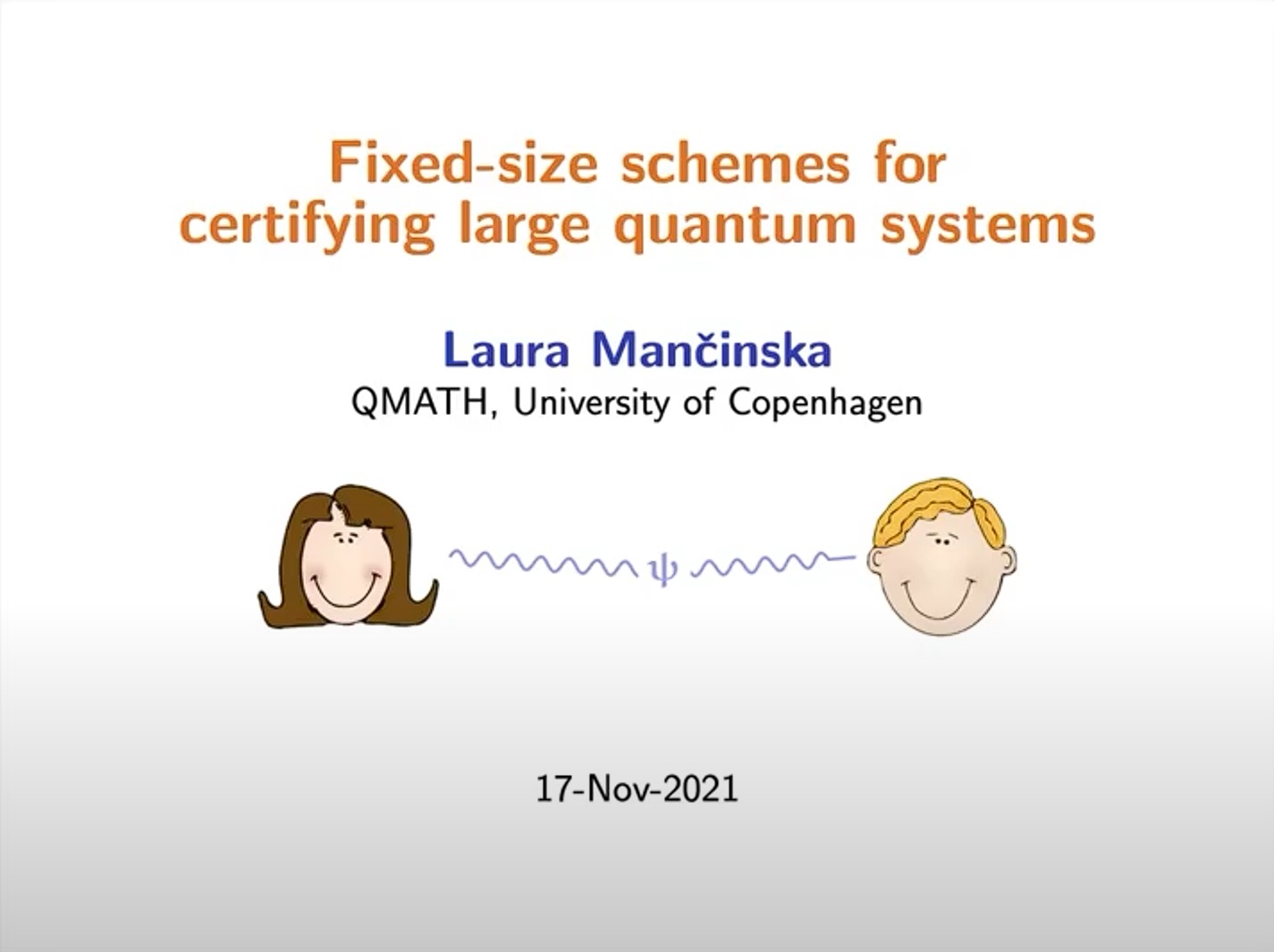
Laura Mancinska (QMATH, Copenhagen): Fixed-size schemes for certification of large quantum systems17-11-2021
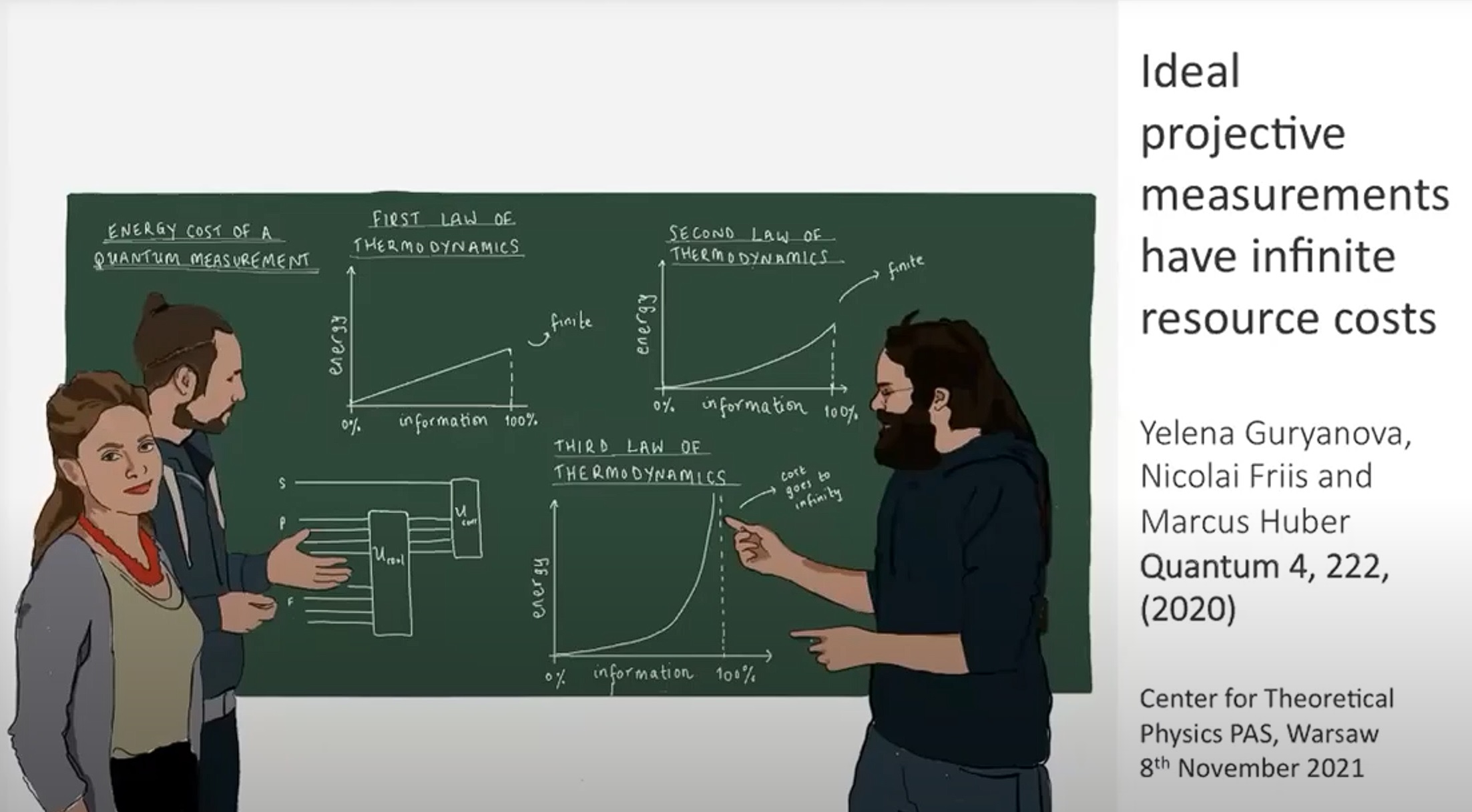
Yelena Guyanova (IQOQI, Vienna): Ideal Projective Measurements Have Infinite Resource Costs10-11-2021
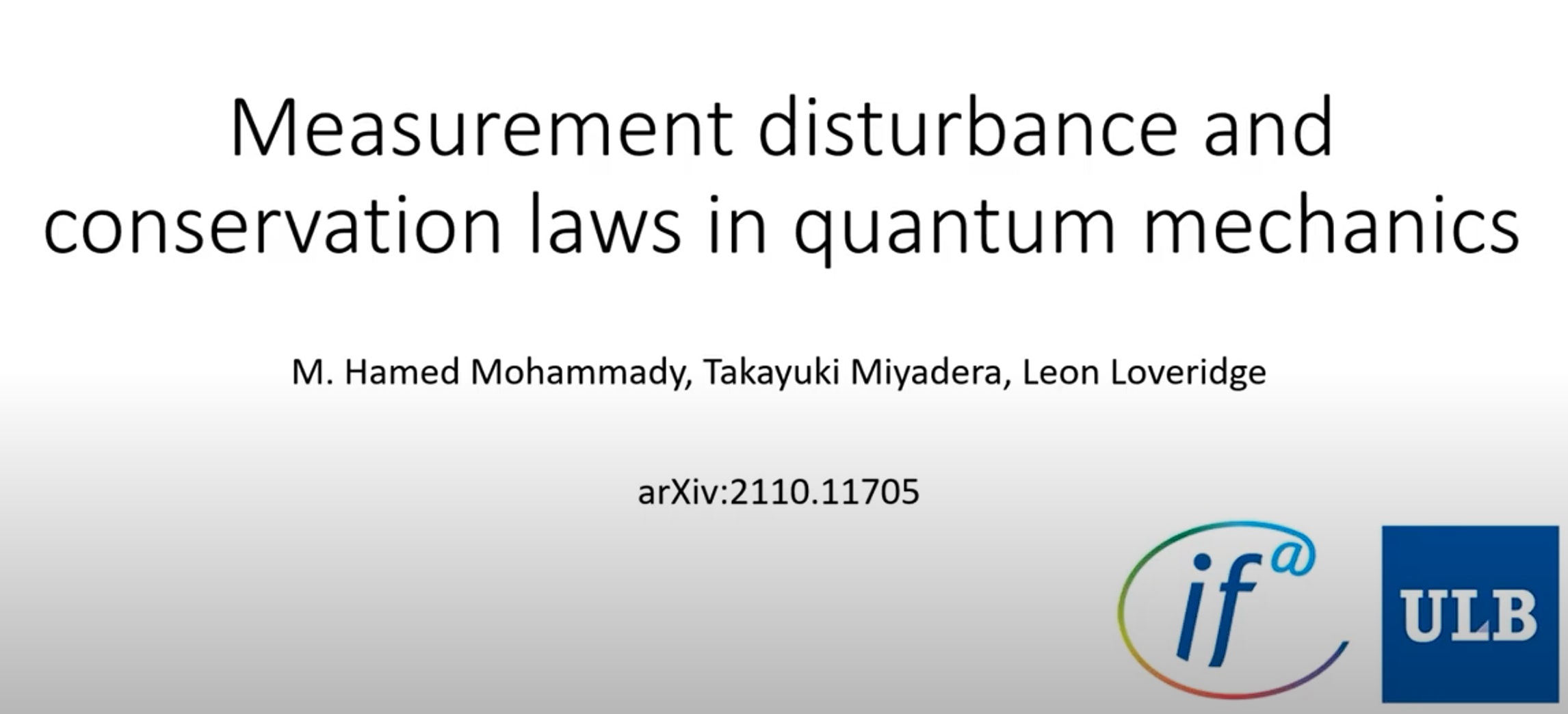
Hamed Mohammady (ULdB): Measurement disturbance and conservation laws in quantum mechanics03-11-2021
